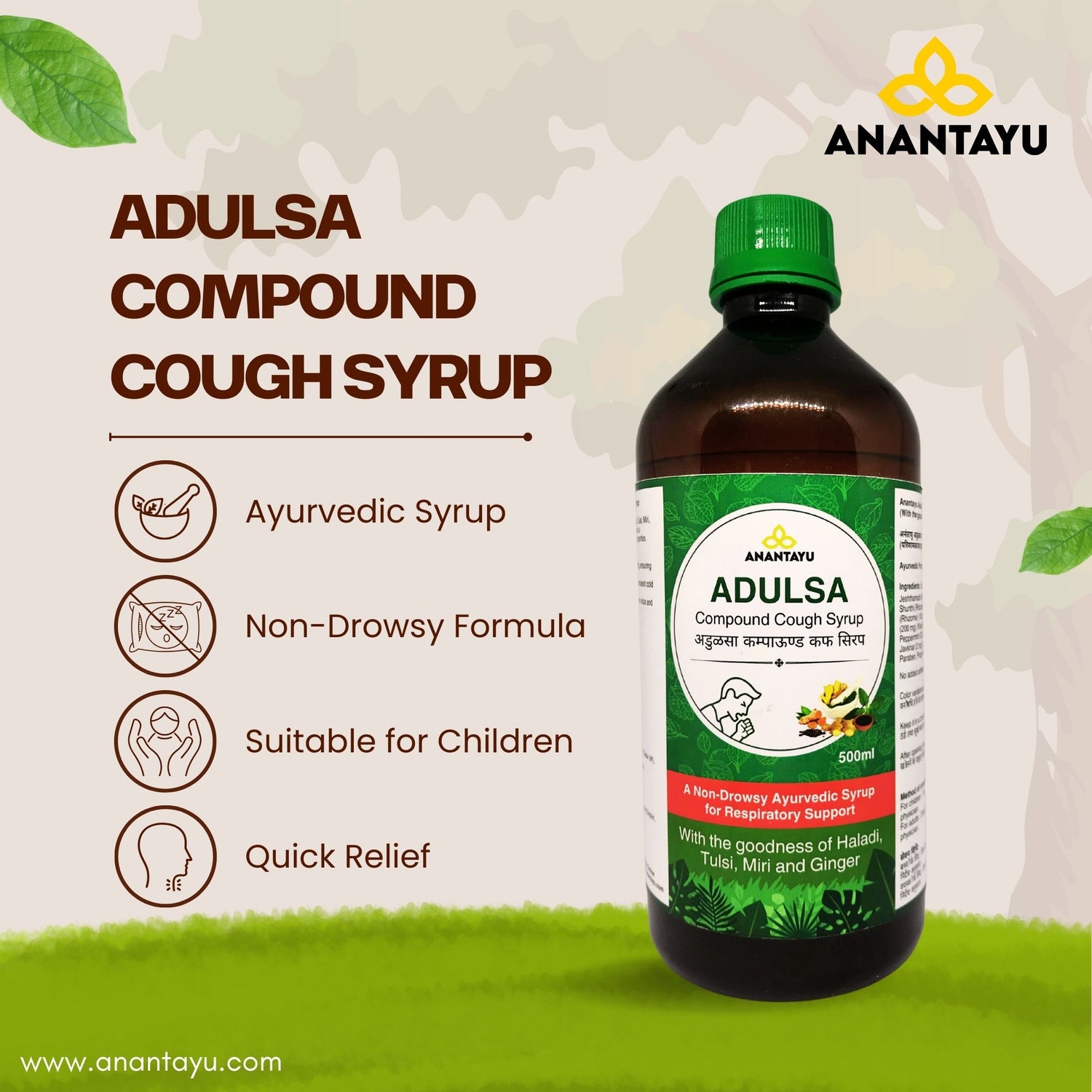Chronic pain can be debilitating, but Ayurveda offers natural and effective solutions for managing it. In this comprehensive blog post, we will outline five key ayurvedic approaches to help alleviate chronic pain.
1. Mahanarayan Oil: The Herbal Healer
- Description: A renowned Ayurvedic oil, Mahanarayan oil is a blend of potent herbs like rasna, devadar, ashwagandha, yashtimadhu, manjishtha, tagar and turmeric, in a sesame oil base.
- Usage: Gently massage the oil on affected areas to soothe sore muscles and joints. For better results, hot water bath or fomentation with hot water bag should be done.
- Benefits: The anti-inflammatory and analgesic properties of the herbs in Mahanarayan oil make it an excellent remedy for reducing pain and improving mobility.
2. Turmeric: Nature's Anti-Inflammatory
- Description: Turmeric, containing the active compound curcumin, is celebrated in Ayurveda for its anti-inflammatory properties.
- Usage: Incorporate turmeric into your diet or take it as a supplement.
- Benefits: Regular consumption of turmeric can help reduce chronic inflammation, a common cause of pain.
3. Yoga and Gentle Exercise
- Description: Yoga and gentle exercises, tailored to individual needs and capabilities, can significantly alleviate chronic pain.
- Usage: Practice gentle yoga poses and stretches daily, focusing on areas of discomfort.
- Benefits: These practices enhance flexibility, strengthen muscles, and improve blood circulation, all of which help reduce pain.
4. Ayurvedic Diet for Pain Management
- Description: An Ayurvedic diet emphasizing whole, unprocessed foods can help manage chronic pain. The functional unit of Vata dosha is considered as a main cause for the pain anywhere in the body. (विना वातः शूलं न वर्तते |) Therefore, diet in case of pain management has to be that which should not aggravate the Vata dosha further. The food should be freshly prepared, should be prepared in ghee or oil but should not be fried. It should be mainly sweet and sour in taste. Food should be consumed when hot.
- Usage: Focus on a balanced diet with plenty of fruits, vegetables, whole grains, and healthy fats.
- Benefits: A nutritious diet supports overall health, reduces inflammation, and aids in pain management.
5. Stress Reduction Techniques
- Description: Stress exacerbates chronic pain. Ayurveda recommends various techniques for stress reduction.
- Usage: Engage in meditation, deep breathing exercises, and mindfulness practices.
- Benefits: These practices help calm the mind, reduce the body's stress response, and thereby lessen pain sensations.









